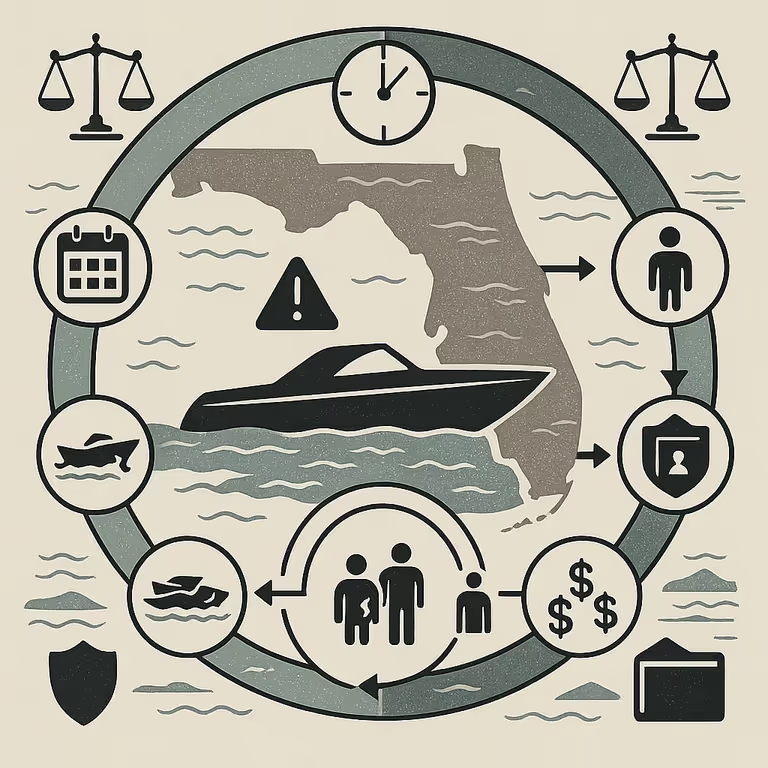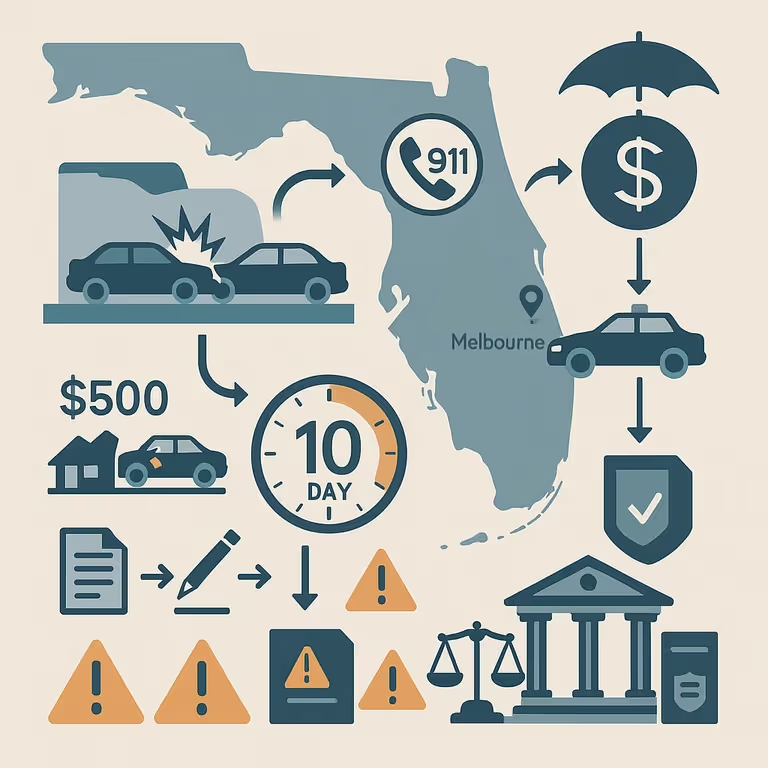Are Personal Injury Settlements Taxable in Florida? A Complete Guide
Most FL personal injury settlements are tax-free. Learn when you pay taxes on punitive damages, lost wages & how Florida's no income tax benefits you.
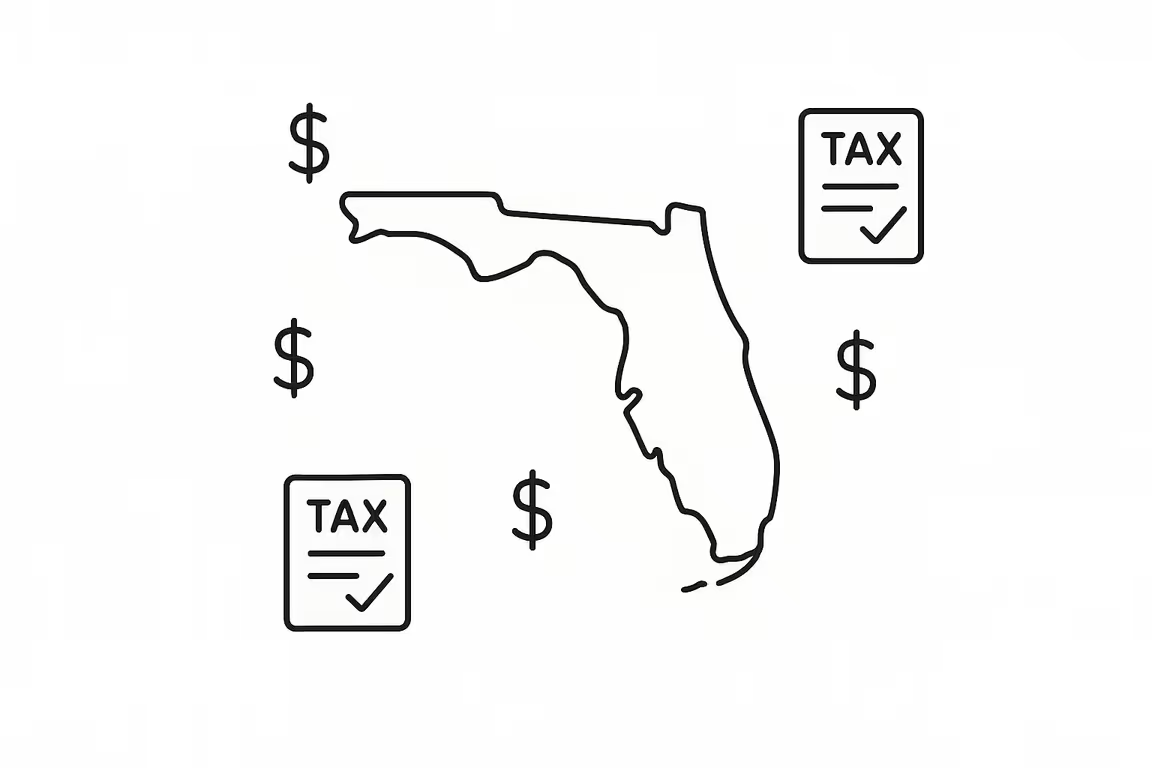
- Most personal injury settlements in Florida are completely tax-free, including compensation for medical bills, pain and suffering, and physical injuries - plus Florida has no state income tax on any portion.
- You DO pay federal taxes on punitive damages and lost wages/income replacement portions of your settlement, but Florida residents still save thousands compared to other states with no additional state taxes.
- Keep detailed records of your settlement breakdown to identify which portions are taxable, and consult a tax professional if your settlement includes significant punitive damages or spans multiple years.
Worried About Your Injury Case? We'll Review It - Free!


If you've received a personal injury settlement in Florida, here's the good news: the majority of your compensation is likely tax-free. This welcome relief comes at a time when you're already dealing with the stress of recovery and moving forward after an injury.
According to IRS Publication 525, compensation received for personal physical injuries is generally excluded from taxable income. This means you won't have to pay federal income taxes on damages awarded for medical bills, pain and suffering, physical injuries, and most other compensation from car accidents, slip and falls, motorcycle accidents, or other personal injury cases.
As a Florida resident, you benefit twice from this tax treatment. Not only does federal law exclude most personal injury damages from taxation, but Florida has no state income tax whatsoever. This means more money stays in your pocket to help with your recovery and getting your life back on track.
This tax-free status applies to the core components of most personal injury settlements. For example, if you received $100,000 for medical expenses and pain and suffering after a car accident on I-95, you typically won't owe any taxes on that money. The same applies to compensation for permanent disabilities, disfigurement, or loss of quality of life.
At Douglas R. Beam P.A., our Melbourne personal injury lawyers have been helping Central Florida clients understand all aspects of their settlements since 1985. With over $1 billion in case results, we work individually with each client to ensure they understand their options and connect them with the right resources for their situation.
.avif)
When You DO Have to Pay Taxes on Your Settlement
While most of your settlement is likely tax-free, there are specific situations where taxes do apply. Understanding these exceptions helps you plan appropriately and avoid surprises when tax time comes.
Punitive Damages Are Always Taxable
Punitive damages represent one of the most important exceptions to the tax-free rule. These damages, which are designed to punish the wrongdoer rather than compensate you for losses, are always taxable as ordinary income. This applies even when punitive damages are part of a personal injury case.
If your settlement includes punitive damages, you'll need to pay federal income tax on that portion. The good news is that as a Florida resident, you won't pay state income tax on these damages either.
Lost Wages and Income Replacement
Any portion of your settlement that compensates for lost wages or lost business income is taxable. The reasoning is straightforward: this money replaces income you would have earned and paid taxes on if the injury hadn't occurred.
For example, if your settlement includes $25,000 for wages you lost while recovering from your injuries, you'll need to pay income tax on that $25,000. However, the portion covering your medical bills and pain and suffering remains tax-free.
Interest on Settlement Payments
If your settlement includes interest on delayed payments, that interest is taxable income. This typically occurs when there are delays in finalizing your settlement or when payments are made in installments over time.
Understanding Mixed Settlements
Many personal injury settlements include both taxable and non-taxable components. The key is understanding that only the taxable portions are subject to federal income tax. Your settlement documentation should clearly break down different components to help with tax planning.
For instance, a $150,000 settlement might include $100,000 for medical expenses and pain and suffering (not taxable), $30,000 for lost wages (taxable), and $20,000 in punitive damages (taxable). In this example, you would only owe federal income tax on the $50,000 total of lost wages and punitive damages.
.avif)
Florida's Major Tax Advantage for Settlement Recipients
Florida residents have a significant advantage when it comes to settlement taxation: no state income tax on any portion of their settlement. This benefit applies whether you live in Melbourne, Viera, Palm Bay, or anywhere else in the Sunshine State.
The State Tax Savings Add Up Quickly
While residents of states like California or New York might pay substantial state taxes on taxable portions of settlements, Florida residents only follow federal tax rules. This difference can mean thousands of dollars in additional money staying in your pocket.
Consider this example: if you received $50,000 in taxable settlement components (such as punitive damages or lost wages), a California resident might pay an additional 9-13% in state taxes – that's $4,500 to $6,500 extra in taxes. As a Florida resident, you pay nothing to the state.
A Double Benefit for Central Florida Residents
For Melbourne, Brevard County, and Space Coast residents, this means more money stays available for what matters most: your medical care, recovery, and moving forward with your life. When you're dealing with medical bills, rehabilitation costs, and potentially reduced earning capacity, every dollar counts.
Why This Matters for Settlement Planning
Understanding Florida's tax advantage early in your case helps with better settlement planning and financial decision-making. When you know that taxable portions of your settlement won't face additional state taxation, you and your attorney can focus negotiations on maximizing the overall value of your recovery.
Our Central Florida personal injury lawyers understand these local advantages and how they benefit our clients throughout the settlement process. We've seen firsthand how Florida's favorable tax environment helps our clients keep more of their hard-earned settlements.
This tax advantage is just one reason why Florida remains an attractive place to live and recover after a serious injury. Combined with our state's strong personal injury laws and experienced legal community, Florida residents often find themselves in a better position than residents of many other states.
.avif)
Common Settlement Scenarios and Their Tax Treatment
Real-world examples help illustrate how settlement taxation works in practice. Let's examine several common scenarios that Melbourne and Central Florida residents might encounter.
Car Accident Settlement Example
Sarah was injured in a car accident on US-192 in Melbourne. Her settlement included several components:
- $75,000 for medical bills and pain and suffering: Not taxable
- $15,000 for lost wages during recovery: Taxable as ordinary income
- $10,000 in punitive damages: Taxable as ordinary income
In Sarah's case, she would only owe federal income tax on $25,000 of her $100,000 settlement. As a Florida resident, she pays no state tax on any portion.
Slip and Fall Settlement Example
James slipped and fell at a Melbourne shopping center, resulting in a $50,000 settlement purely for his physical injuries and medical expenses. Since this settlement only included compensation for personal physical injuries, the entire amount is tax-free under federal law.
Settlement with Mixed Components
Maria received a $200,000 settlement from a motorcycle accident case that included:
- $120,000 for medical expenses and pain and suffering: Not taxable
- $30,000 for lost business income: Taxable
- $25,000 for permanent disability: Not taxable
- $25,000 in punitive damages: Taxable
Maria would owe federal income tax on $55,000 of her settlement (the lost income and punitive damages portions).
Emotional Distress Connected to Physical Injury
When emotional distress damages are directly connected to physical injuries, they're typically not taxable. For example, if you received compensation for psychological trauma resulting from a car accident that also caused physical injuries, that portion generally remains tax-free.
Understanding your car accident case includes knowing these tax implications from the beginning. This knowledge helps you and your attorney make informed decisions throughout the legal process.
.avif)
Getting Professional Guidance and Next Steps
While this guide provides general information about settlement taxation in Florida, each situation is unique and may require professional guidance. Tax laws can be complex, and specific circumstances can affect how different portions of your settlement are treated.
When Our Firm Helps Connect You with Resources
At Douglas R. Beam P.A., we work individually with our clients to help them understand their tax situation and connect them with qualified tax professionals who can provide specific guidance tailored to their circumstances. With nearly four decades of experience serving Central Florida, we understand that getting the right settlement is just the first step – understanding its tax implications helps ensure you make the most of your recovery.
Our approach focuses on providing general information and resources while recognizing when specialized expertise is needed. We've built relationships with qualified tax professionals who understand the nuances of settlement taxation and can provide the specific advice your situation may require.
When to Seek Tax Professional Help
Consider consulting with a tax professional if your settlement includes:
- Significant punitive damages that might affect your tax bracket
- Lost wages or business income spanning multiple years
- Questions about quarterly estimated tax payments
- Concerns about how your settlement might impact other aspects of your tax situation
Important Record-Keeping
Keep detailed records of your settlement breakdown, including which portions are designated for medical expenses, lost wages, punitive damages, and other categories. This documentation makes tax filing much easier and ensures you're correctly reporting only the taxable portions.
Settlement Planning and Tax Implications
Understanding tax implications early in your case helps with better settlement planning and financial decision-making. When you know how different components will be taxed, you can work with your attorney to structure your settlement in the most beneficial way possible.
Frequently Asked Questions
Do I need to report my personal injury settlement to the IRS?
You only need to report the taxable portions of your settlement. Non-taxable compensation for physical injuries doesn't need to be included on your tax return. However, punitive damages and lost wages must be reported as income.
Will I receive a 1099 form for my settlement?
You may receive a 1099-MISC form for punitive damages or other taxable portions of your settlement. The insurance company or defendant is required to report these payments to the IRS when they exceed $600.
Can I deduct attorney fees from my settlement taxes?
Generally, attorney fees cannot be deducted from personal injury settlement taxes. The fees are typically considered part of recovering non-taxable damages. However, different rules may apply to other types of cases.
What if my settlement was received over multiple years?
Each payment is taxed based on its component type when you receive it. For example, if you receive structured settlement payments, each payment's tax treatment depends on what portion represents medical expenses versus lost wages or punitive damages.
How do I know which parts of my settlement are taxable?
Your settlement documentation should clearly break down different components. If it's not clear, consult with a tax professional who can review your specific settlement agreement and help you understand the tax implications.
Moving Forward with Confidence
Understanding your settlement's tax implications is an important part of your recovery process. While most personal injury settlements in Florida provide significant tax advantages, knowing the exceptions helps you plan appropriately and maximize your financial recovery.
As Florida residents, you benefit from both federal tax exclusions for personal injury damages and the state's complete absence of income tax. This combination often results in substantially more take-home money compared to settlements in other states.
If you have questions about your personal injury case or need help understanding your settlement options, contact Douglas R. Beam P.A. at (321) 723-6591 for guidance. We're here to help connect you with the resources you need and ensure you understand all aspects of your legal recovery.
Please remember, this article provides general information based on Florida law and is intended for educational purposes only. It does not constitute legal advice and should not be relied upon as such. Every case is unique, and the information here may not apply to your specific circumstances. Reading this article does not create an attorney-client relationship. For advice tailored to your situation, please consult with a qualified attorney.
Sources and Further Reading
- IRS Publication 525 - Taxable and Nontaxable Income – Internal Revenue Service
- Tax Implications of Settlements and Judgments – IRS Government Entities
- Are Punitive Damages Taxable? Here's What the IRS Says – Amicus Planners
- Are Personal Injury Settlements Taxable? – Cobb Defense
- How Much Tax is Paid on Lawsuit Settlements – SHW Law
- Personal Injury Settlements in Florida and Taxes – 727 Injury Law
- Personal Injury Settlement Tax Guide Florida – Personal Injury of Florida
- Are Lawsuit Settlements Taxable? Complete Guide – CMP Law Group
Not Sure What To Do Next? We Can Help – Fast & Free.
Worried About Your Injury Case?
We'll Review It - Free
Don’t miss an article
Florida law, local insights, and the occasional dog pic.
Delivered straight to your inbox.
More articles
Browse all articlesFree Case Review
Get a complimentary review of your case

.webp)
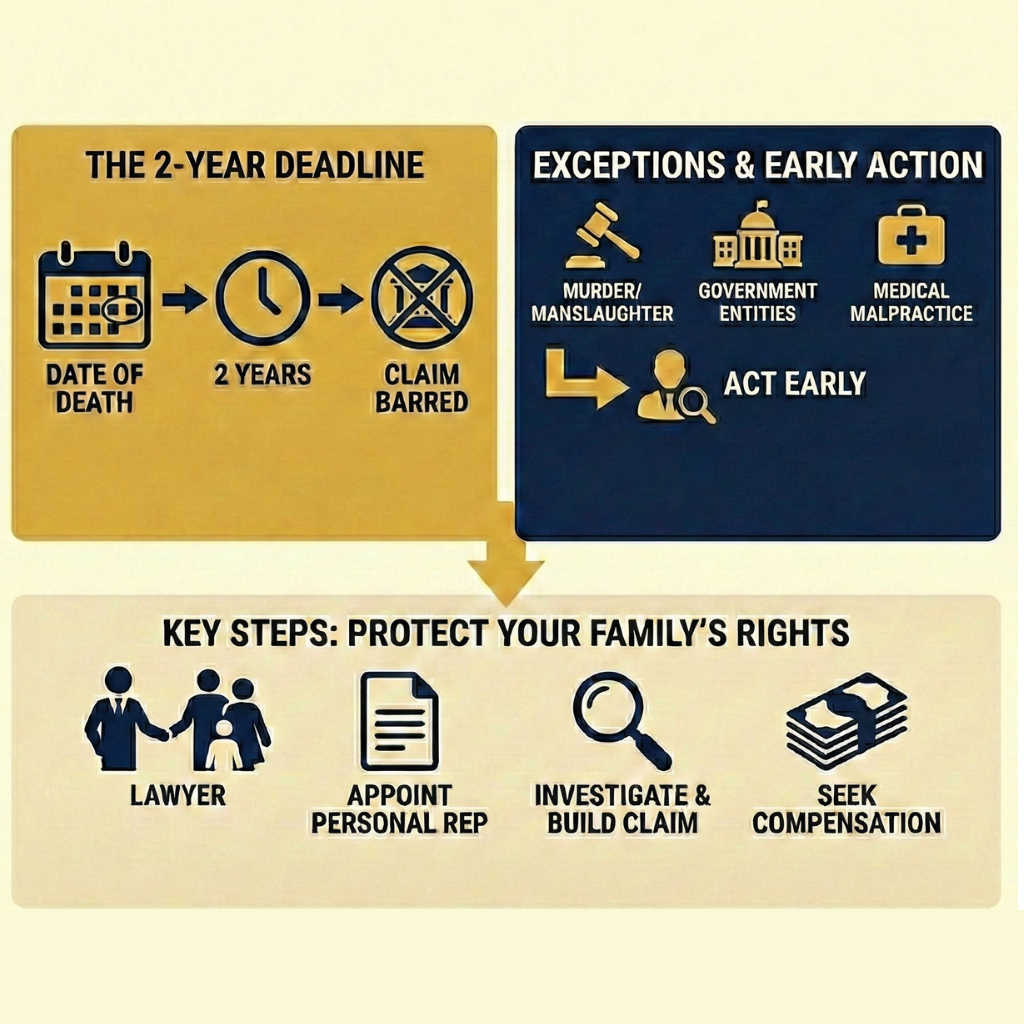
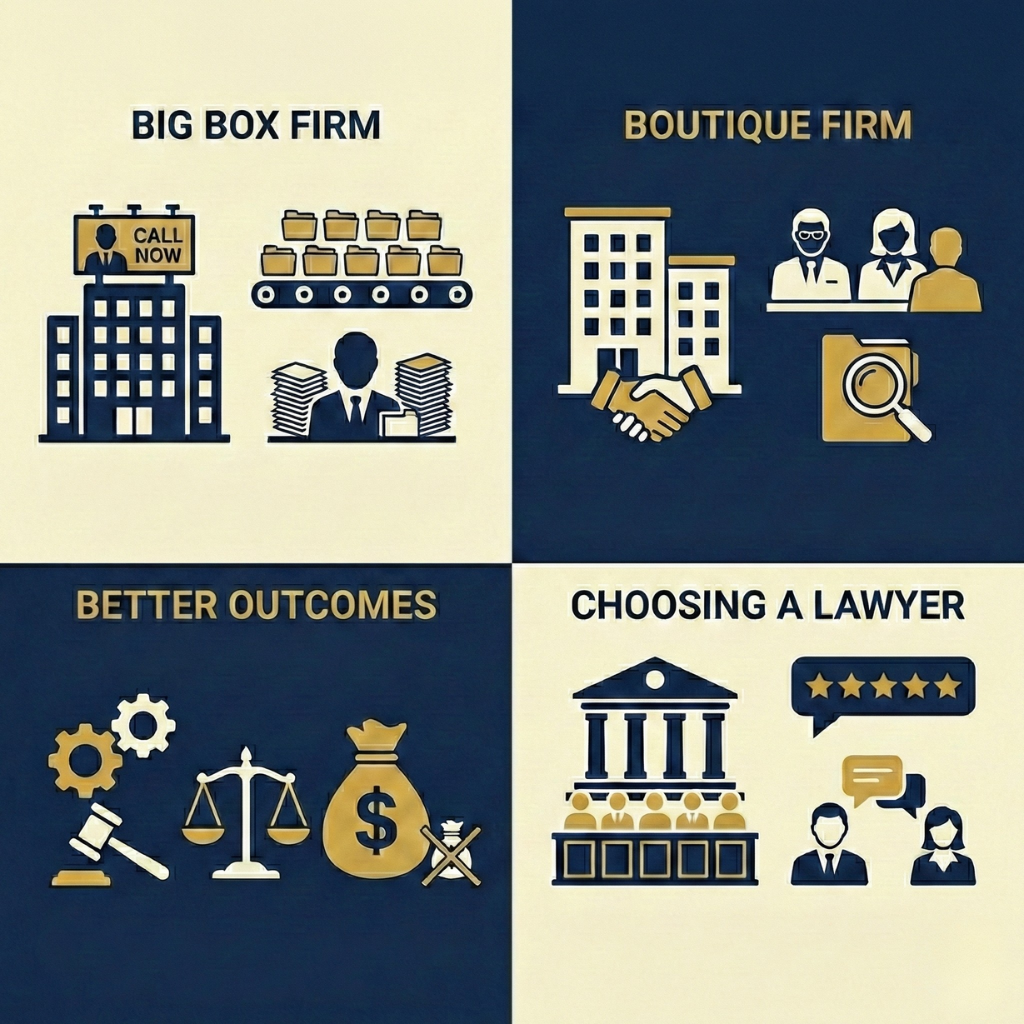
.png)
.png)
.png)
.png)

